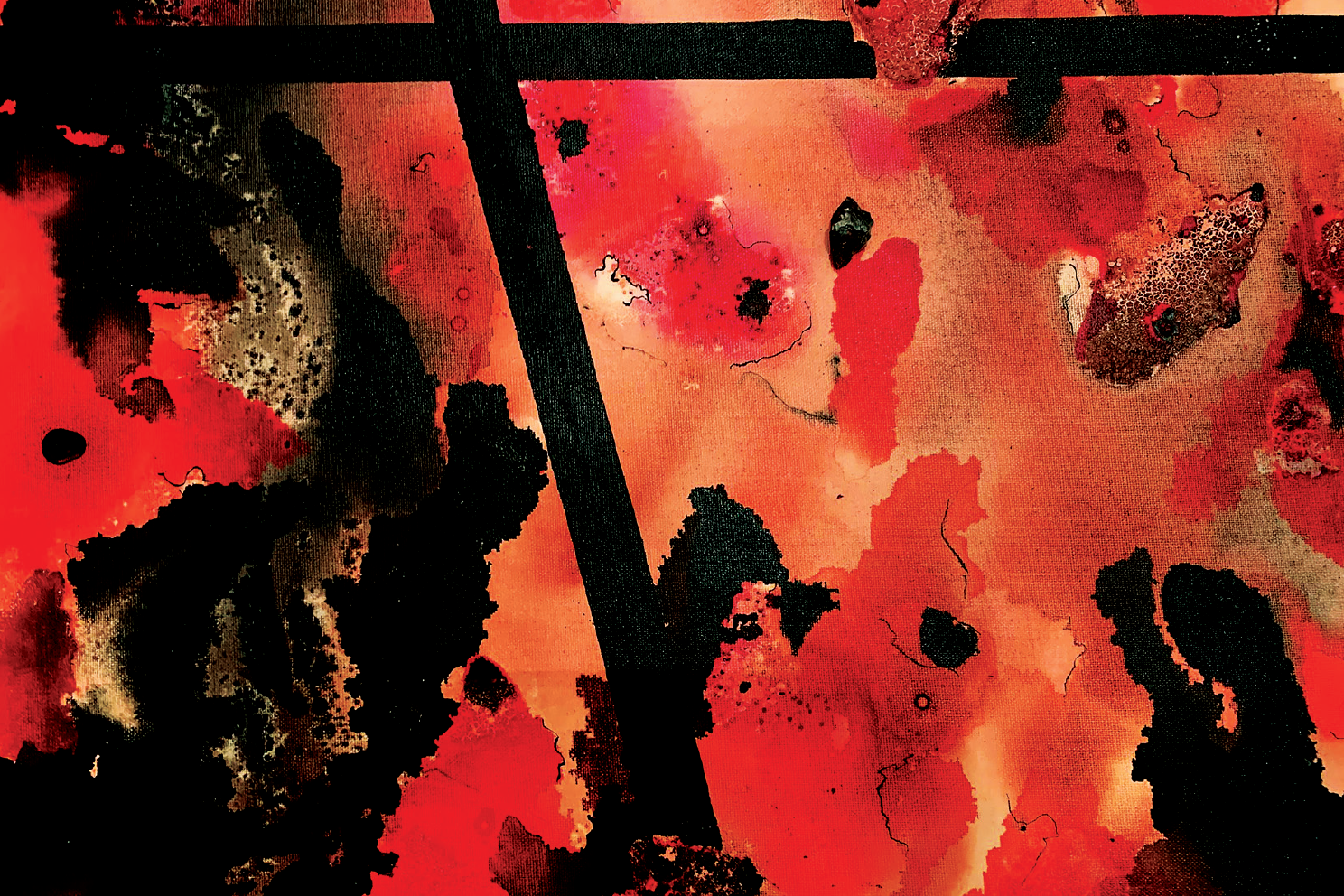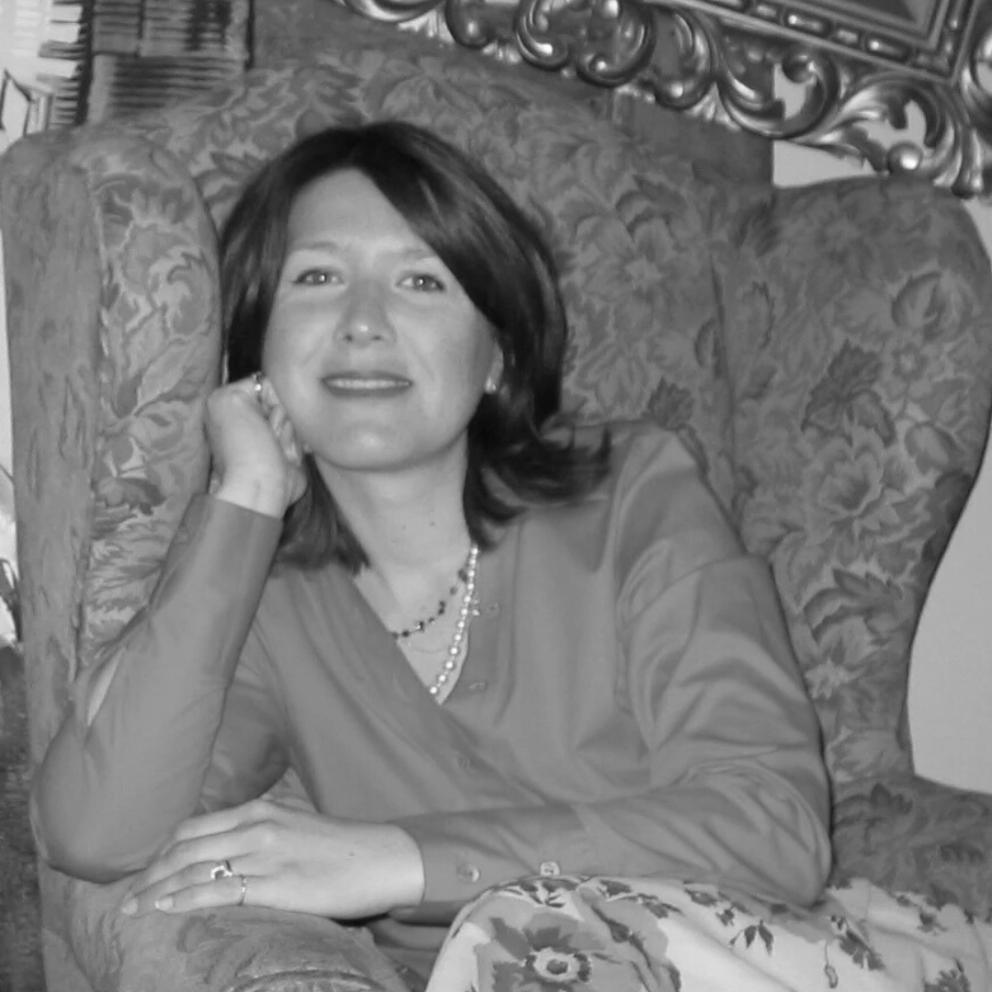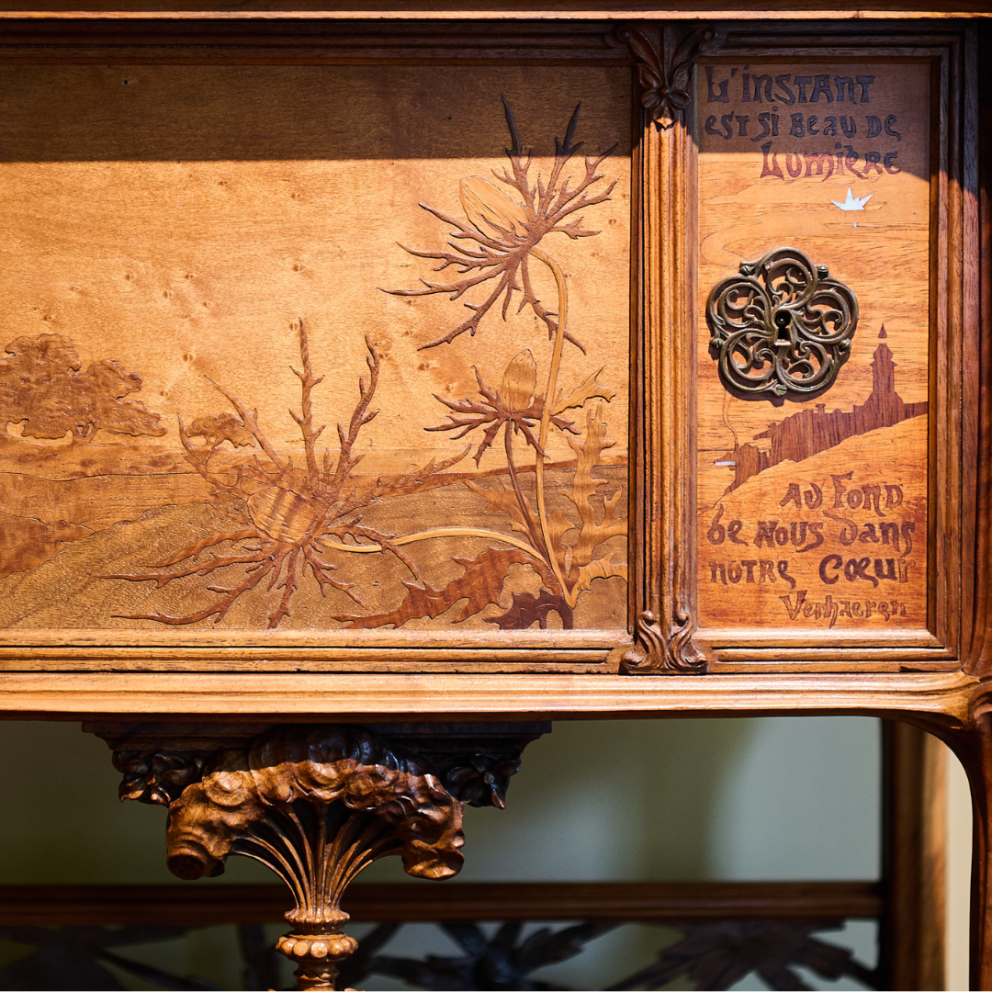
Poetry as a remedy for a world turned hostile
A conference in english, by Carole Bourne-Taylor
In an increasingly fragile world, the notion of ‘poetic dwelling’ seems an essential response. Since Baudelaire, poetry has evoked a more attentive way of living. A life that resonates with the living, as opposed to falling into commodification and abstraction. By making connections between the imagination, perception and ethics, poetry creates a space for connection between humans and their environment.
For its second conference in collaboration with the Modernitas research unit (ULB, MSH), the Maison Hannon is pleased to welcome Carole Bourne-Taylor (Brasenose College, Oxford) for a lecture entitled Poetic Dwelling: a Phenomenology of Attentiveness, Attunement and Attachment.
Abstract
As our dwelling place becomes more and more a deadly place, the case for rethinking the imperative of ‘poetic dwelling’ is compelling. Rooted in a growing sense of fragility, it has been poetic modernity’s concern since Baudelaire.
Providing a place for all ‘ways of being alive’ (Baptiste Morizot) to take place and fostering a less anthropocentric and more empathetic way of relating to the world, poetry can counteract consumption, commodification and over-conceptualisation, thus fulfilling its vocation as poéthique (as conceptualised by Jean-Claude Pinson). Inaugurated by Baudelaire’s regime of pensivité poétique (Michel Deguy), it relies on imagination as an operation of ‘rapprochement’ to achieve ‘attachement’ – via attention and attunement and a concomitant sense of wonderment.
The fertile field of environmental humanities and relational thinking calls for a fresh take on poéthique so that voyance may be equated with vigilance – described as ‘l’attitude poétique’ par excellence (Belinda Cannone). Vinciane Despret’s pragmatic ethology, Olivier Remaud’s ‘geosolidarities’, Baptiste Morizot’s ‘ways of being alive’, Yves Citton’s ‘ecology of attention’ and Hartmut Rosa’s ‘resonance’ synergize to sharpen a new sensibility and reframe the poethic endeavour.
Emulating Baudelaire’s ability to fathom ‘flowers and silent things’ and sharing Yves Bonnefoy’s lucid exigency and humility, Emmanuel Merle’s poetic and visual practice is an initiation into looking, listening and articulating (joining and naming), thus delineating a space of interconnectedness for elemental expressivity: therein lies the value of his phenomenological notion of ‘avoir lieu’ (taking place) fusing poetry and life, time and space, expression and experience. Merle’s lapidary style (through coining ‘words-phonolites’) is ideally placed to capture ‘the logos of the sensible world’ (Merleau-Ponty) or ‘the logos of the living world’ (Louise Westling): no mere medium, language, here, becomes a milieu.
A sense of poetic responsibility contributes to downplaying rationality in favour of relationality. Poetry’s paradoxical and perpetual ‘knowing ignorance’ (Joseph Acquisto) – or unknowing – is a blessing in disguise: a productive paradigm, a foundation for an ethical approach and a force.
Carole Bourne-Taylor is Associate Professor in French and Fellow of Brasenose College, Oxford. She has held a visiting professorship in Vilnius and a senior research fellowship GATES (ANR-France 2030) at Grenoble-Alpes. Her PhD was published as L’Univers imaginaire de Virginia Woolf (Éditions du Temps, 2001, with a preface by Jean Guiguet and a postface by Gilbert Durand). Amongst her publications in the field of English, there is the introduction to Charles Morgan's Three Plays, and Dramatic Critic. Selected Reviews (2013). But her research is interdisciplinary, encompassing comparative literature, the problematics of mourning, contemporary French poethics, phenomenology and the performing arts. She co-edited Phenomenology, Modernism and Beyond (Peter Lang, 2010) and Variations on the Ethics of Mourning in Modern Literature in French (Peter Lang, 2021). She is currently working on Emmanuel Merle’s poetry and co-editing a volume on (In)habitabilité: conditions, enjeux, visions (to be published by Iris, Grenoble, 2027) and writing a biography of Alice Sapritch (to be published by Garnier, Paris).


